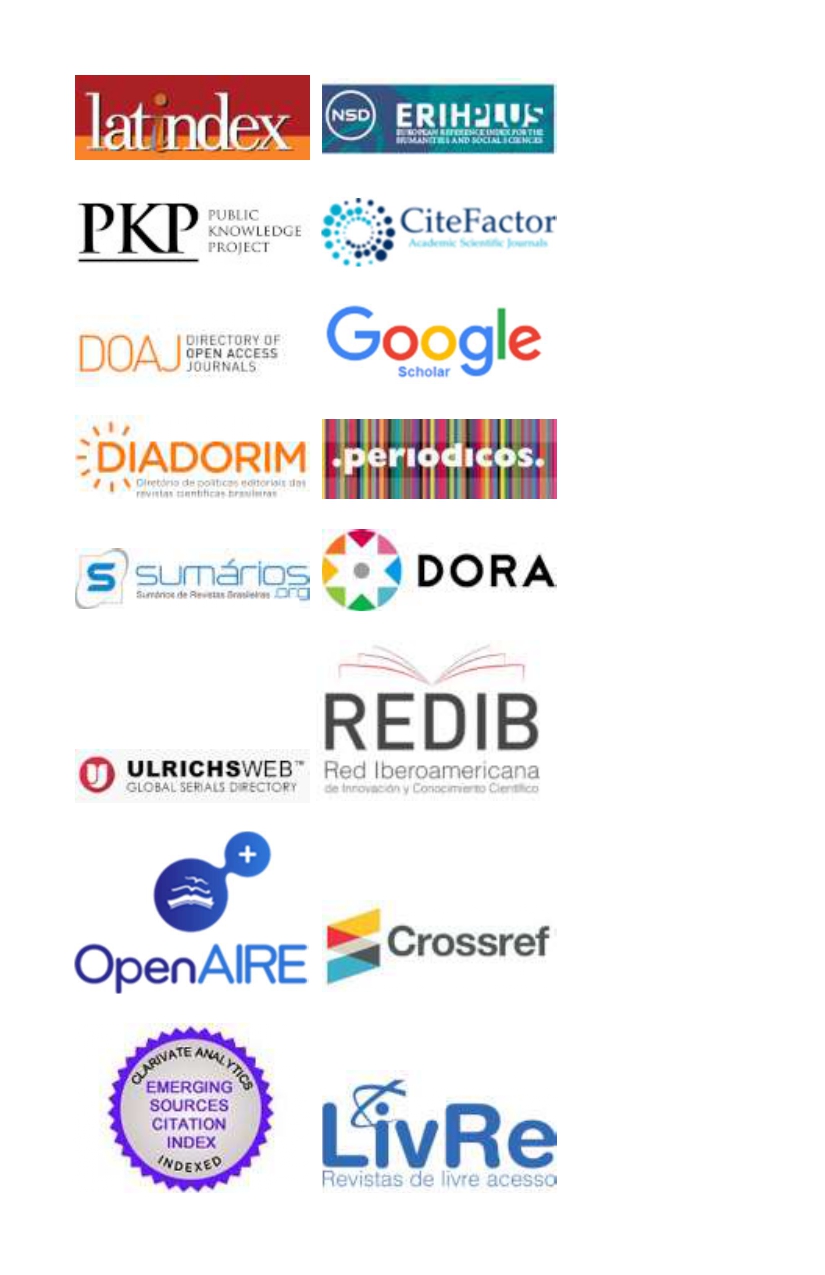CARICOM’S EFFORTS TO TACKLE UNHEALTHY DIETS: A CAUTIONARY TALE FOR LATIN AMERICA
DOI :
https://doi.org/10.21783/rei.v8i2.663Résumé
The Caribbean Community (CARICOM) is currently burdened with high rates of non-communicable diseases (NCDs). Unhealthy diets are a major factor driving the region’s increased NCD rates. Since the 1990s, trade agreements have facilitated an influx of ultra-processed foods and sugary beverages into the region. These unhealthy commodities contain excess critical nutrients, which are closely linked to the top three NCDs risk factors in the Americas––high blood pressure, high blood sugar, and obesity. Mandating front-of-package warning labels (FOPWL) as part of a suite of public health interventions is a scientifically proven, human-rights compliant response to promoting healthier diets. FOPWL allows consumers to correctly, and quickly, identify pre-packaged food items that contain excess critical nutrients. Recognizing this, the CARICOM Regional Organization for Standards and Quality (CROSQ) revised its regional standards on the labeling of prepackaged foods to include FOPWL. However, the regional food and beverage industry worked assiduously to undermine CROSQ’s normative effort. In its quest, the industry exploited regional integration mechanisms, co-opted human rights and decolonization narratives to decenter public health and to seize autonomy over the FOPWL process. This paper analyses these strategies to serve as a cautionary tale for Latin America.
Téléchargements
Téléchargements
Publiée
Comment citer
Numéro
Rubrique
Licence
Autores que publicam nesta revista concordam com os seguintes termos:
- Autores mantém os direitos autorais e concedem à revista o direito de primeira publicação, com o trabalho simultaneamente licenciado sob a Licença Creative Commons Attribution que permite o compartilhamento do trabalho com reconhecimento da autoria e publicação inicial nesta revista.
- Autores têm autorização para assumir contratos adicionais separadamente, para distribuição não-exclusiva da versão do trabalho publicada nesta revista (ex.: publicar em repositório institucional ou como capítulo de livro), com reconhecimento de autoria e publicação inicial nesta revista.
- Autores têm permissão e são estimulados a publicar e distribuir seu trabalho online após a publicação na revista.






